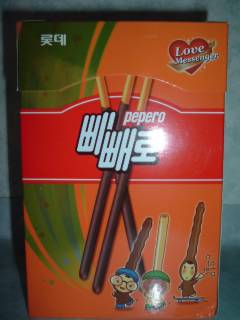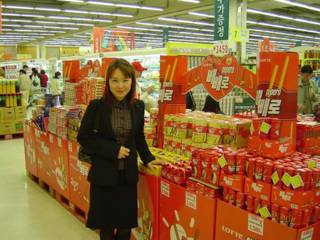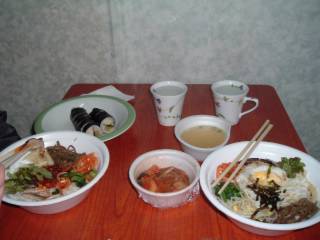warm and cozy
The winter chill brings shivers down my spine, so cold that I need to bundle up right to keep myself warm. Luckily the heater in our apartment works pretty well. When we first moved here in Korea and found out how the heating system works, I was skeptical. But now that we get used to it, I think I like it better than the usual households space heater or radiator, that can visibly seen in some cold weather place.
The heating system in korea is the traditional radiant floor heating called "ondol" which means warm stones or hot floor. A typical korean houses or apartments are equipped with this system which conducts the flue gases of fire under the floor. It is a primitive way of heating the house, wherein traditionally they uses a fireplace inside to run the heat. But the modern day ondol is hydronic radiant floor heating where hot water is being used instead of hot air to warm the floor. There's a gas furnace or gas/oil boiler to which a lot of hoses connected individually and run beneath the floor and to every water faucet in the apartment. This keeps the whole house and flow of water warm. The trouble with this is sometimes it's hard to adjust the water temperature to your liking, it's either too hot or too cold.
Ondol is a good match to Korean life-style, for one thing they spent most of their indoor life on the floor. People naturally sit, eat, sleep and do everything on the floor. No matter how cold it is outside, once you came in and sit, rest your hands and legs on the floor, you'll feel comfortable and warmth all together. As for me, I sometimes lay on the floor on my stomach while watching tv or reading. Also, since winter it's hard to dry clothes, so once it's air dried outside, (electric clothes dryer is not common here) I lay the clothes on the floor which helps drying it completely.
This unique home heating system is interesting and I do enjoy it.
















